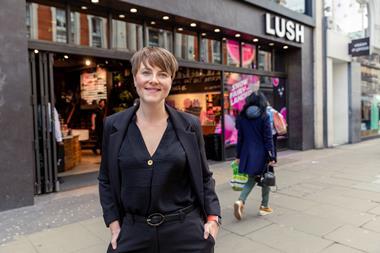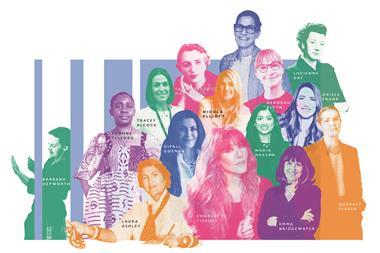Diversity in retail leadership is on the rise but inclusion remains the “nut to crack”, according to a report by the British Retail Consortium and the MBS Group.
Retail leadership is more diverse than ever before, with the percentage of female board-level leaders going up from 32.6% in 2021 to 42.3% in 2024, according to the Diversity and Inclusion in UK Retail.
The percentage of ethnic minority leaders on boards has nearly tripled from 4.5% to 12% over the same period.
However, the report, which looked at diversity of gender, ethnicity, disability, sexual orientation, social mobility and age, said the progress in the last three years is not ubiquitous across the industry as 35% of retailers have an all-white board.
More than half have no ethnic diversity on their executive committees with areas such as social mobility and disability needing more focus.
The report found that inclusion remains a tough nut to crack with inclusion sentiment among employees in the workplace being generally low, particularly regarding recognition and overall feelings of happiness.
Employees who chose “other” or “prefer not to say” to describe their sexual orientation, and those who have a Black/African/Caribbean background, reported the lowest levels of feeling included in the workplace.
BRC chief executive Helen Dickinson said: “I am proud to see the strides retailers have made in just three short years to improve diversity – especially at a time when D&I could easily have been relegated to the sidelines in the face of a turbulent economic backdrop. It is clear that initiatives such as our D&I Charter are vitally important in helping retailers learn from each other and drive forward change.
”But inclusion is the nut the industry still needs to crack. The progress made on diversity will only be meaningful and effective when it happens in tandem with a workforce where every employee feels happy and included. There needs to be greater focus on initiatives to change workplace culture to ensure we see this shift on inclusion. Only then will we complete our mission in creating a truly diverse and inclusive industry.”
























No comments yet